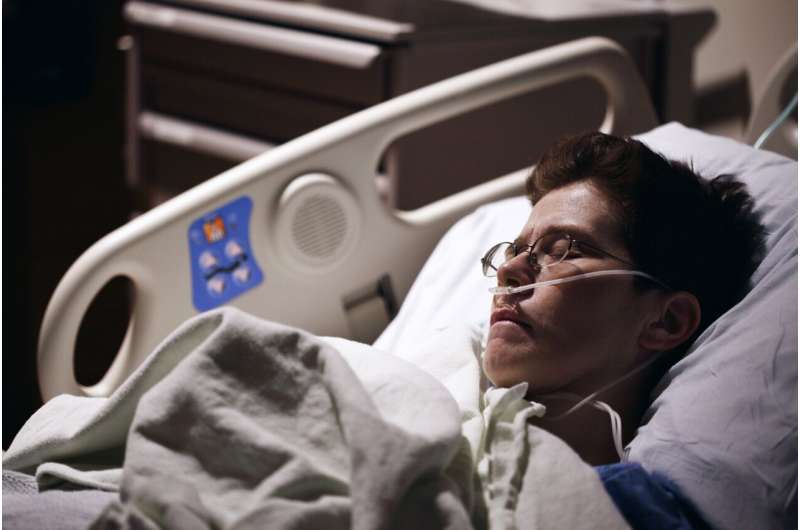
Research published today (March 20) in the JAMA Internal Medicine finds that developing postoperative delirium is associated with a 40% faster rate of cognitive decline over those who do not develop delirium.
“Delirium is associated with faster cognitive decline,” said Zachary J. Kunicki, Ph.D., MS, MPH Assistant Professor located at the Warren Alpert Medical School of Brown University, the first author. “Whether delirium causes this faster rate of decline, or is simply a marker of those who are at risk of experiencing faster rates of decline, is still to be determined.”
“This study has the longest follow-up period of any study examining persons with delirium following surgery,” said Sharon K. Inouye, MD, MPH Director, Aging Brain Center, Hinda and Arthur Marcus Institute for Aging Research, the senior author and principal investigator on the work. “While future studies are needed, this study raises the possibility that delirium may predispose to permanent cognitive decline and potentially dementia. This highlights the importance of delirium prevention to preserve brain health in older adults who undergo surgery,” she said.
Delirium is the most common post-operative complication in older adults and is associated with poor outcomes, including long-term cognitive decline and incident dementia.
Richard N. Jones, ScD, Warren Alpert Medical School of Brown University is co-senior author of the article, “Six-year cognitive trajectory in older adults following major surgery and delirium.”
“The SAGES cohort has followed 560 older adults (age 70 and older), measuring their cognition every six months for 36 months, then annually afterwards for up to six years. Using a detailed cognitive testing battery, comprised of 11 different tests, we found that cognitive changes after surgery are complex and that delirium influences every timepoint. The average cognitive changes seen after surgery include an abrupt drop at one month after surgery, an increase at two months after surgery, a stable period from 6–30 months after surgery, and then steady decline from 3–6 years after surgery.
“Delirium is associated with a sharper drop at one month, greater recovery at two months, and faster decline in all time periods from six months to six years, respectively. The results suggest that either delirium itself may contribute to cognitive decline after surgery, or that delirium may serve to identify those at risk for future more rapid cognitive decline. Future research will be needed to examine whether either or both of these hypotheses best explain the relationship between delirium and cognitive decline,” say the authors.
More information:
Six-Year Cognitive Trajectory in Older Adults Following Major Surgery and Delirium, JAMA Internal Medicine (2023). DOI: 10.1001/jamainternalmed.2023.0144
Journal information:
JAMA Internal Medicine
Source: Read Full Article